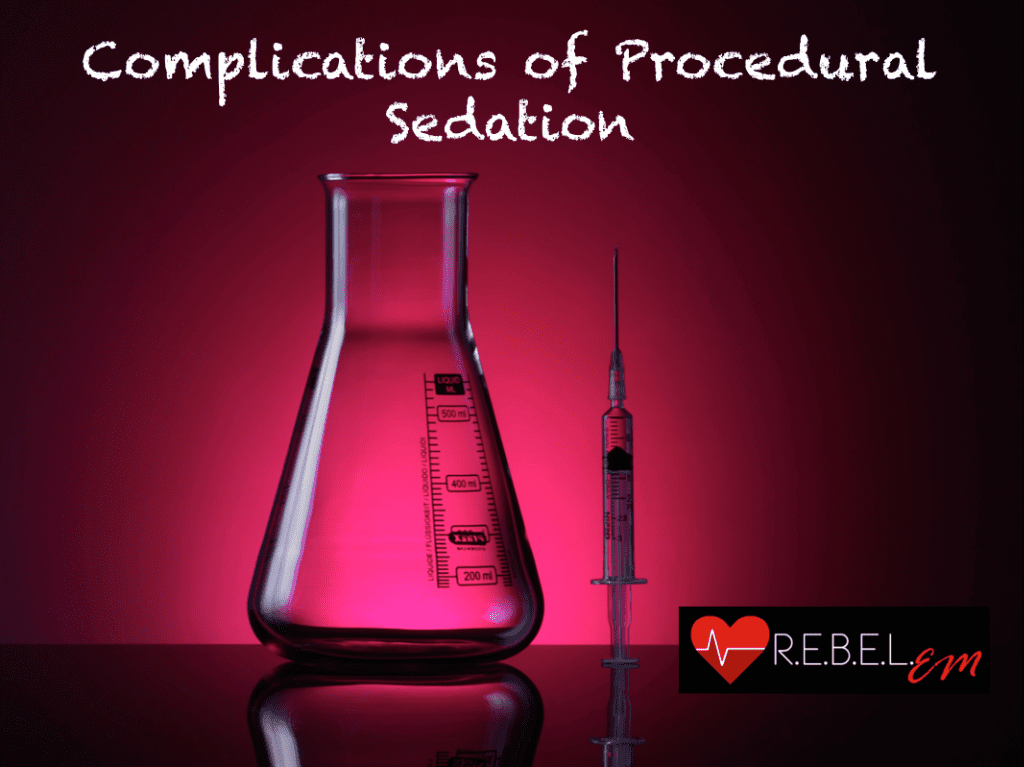

Our staff also wants to know of any ways we can support you and your child, so please tell us about your child’s likes and dislikes, concerns and needs. In addition, please remember to bring any communication systems your child may use. To make sedation as easy as possible for you and your child, please bring anything you think will be comforting or entertaining for your child during expected wait times. What to bring to your child’s sedation appointment Preparing your child for sedation depends on what works best for your child and family. Various interventional radiology (IR) procedures.Supprelin ® implants (placement of under-the-skin implants that contain medicine).Positron emission topography (PET) scan.MIBG scan (special scan to identify and localize certain types of cancer).Lumbar punctures (also called spinal taps).Hearing evaluations (auditory brainstem response or ABR).DMSA scan (special scan to assess kidney function).Botulinum toxin injections (usually for tight/contracted tendons and ligaments).Sedation helps your child remain calm and relaxed and can assist us in getting the most accurate results possible. If your child needs a test or procedure that requires them to sit or lay still for a few minutes or several hours, they may need pediatric sedation. Dexmedetomidine (Brand name: Precedex™): A short acting medication used as a sedative, anxiolytic and analgesic in sedation, it is given intranasally.Propofol: A short acting medication with a quick onset that causes deep sedation it is given intravenously.Ketamine: An aesthetic used for sedation and pain relief it is administered intramuscularly, intravenously or orally.Pentobarbital is administered orally or intravenously. Children usually fall asleep within a few minutes of receiving this medication. Pentobarbital (Brand name: Nembutal ®): Long-acting medication that causes deep sedation.Fentanyl is administered intranasally or intravenously. It’s given to help ease children to sleep during sedation with Pentobarbital and used as needed to maintain comfort during painful procedures. Fentanyl (Brand name: Sublimaze ®): A pain medication used to supplement sedation and/or relieve pain.Midazolam is administered orally, intranasally or intravenously. It may be given in combination with other medications to help the child sleep through a test or procedure. Midazolam (Brand name: Versed ®): A medication used to help ease anxiety and help the child relax.Some of the medications used for pediatric sedation include: Intravenously (an injection into your child’s vein).Intramuscularly (an injection into your child’s muscle).Intranasally (spray into your child’s nostrils).Orally, by mouth (your child takes a pill or drinks liquid).Deep sedation: Child is unconscious and does not respond to sound or touch.

Moderate sedation: Child is in and out of consciousness and can be awakened by sound or touch.Minimal sedation: Child is in a relaxed state in which they are awake and able to respond normally to questions.The CHOP pediatric sedation team utilizes medications and one of three levels of sedation for your child based on age, developmental stage, and/or type (and duration) of scan, test or procedure. Pediatric sedation IS NOT anesthesia it is a separate division from general anesthesia.

Pediatric sedation is a method of using different sedatives, anxiolytics, and/or anesthetics to induce a level of sedation/comfort based on the requested test, scan or procedure.
#Versed medication free
To keep your child pain free for procedures that may be painful or produce discomfort.To keep your child still for tests that require no movement.Having your child calm and relaxed improves the experience for the patient and parents, but also assists in assuring good test results and procedural outcomes. If your child requires a sedated scan, test or procedure, our pediatric sedation specialists – including highly trained pediatricians, nurse practitioners, registered nurses and child life specialists – will ensure a calm, safe, and as stress free as possible experience. Children’s Hospital of Philadelphia’s pediatric sedation unit is a special group of professionals who are experts in providing sedation to pediatric inpatient and outpatients from infancy to young adults up to their 21st birthday. Sometimes children need a little extra reassurance for different scans, procedures and tests.


 0 kommentar(er)
0 kommentar(er)
